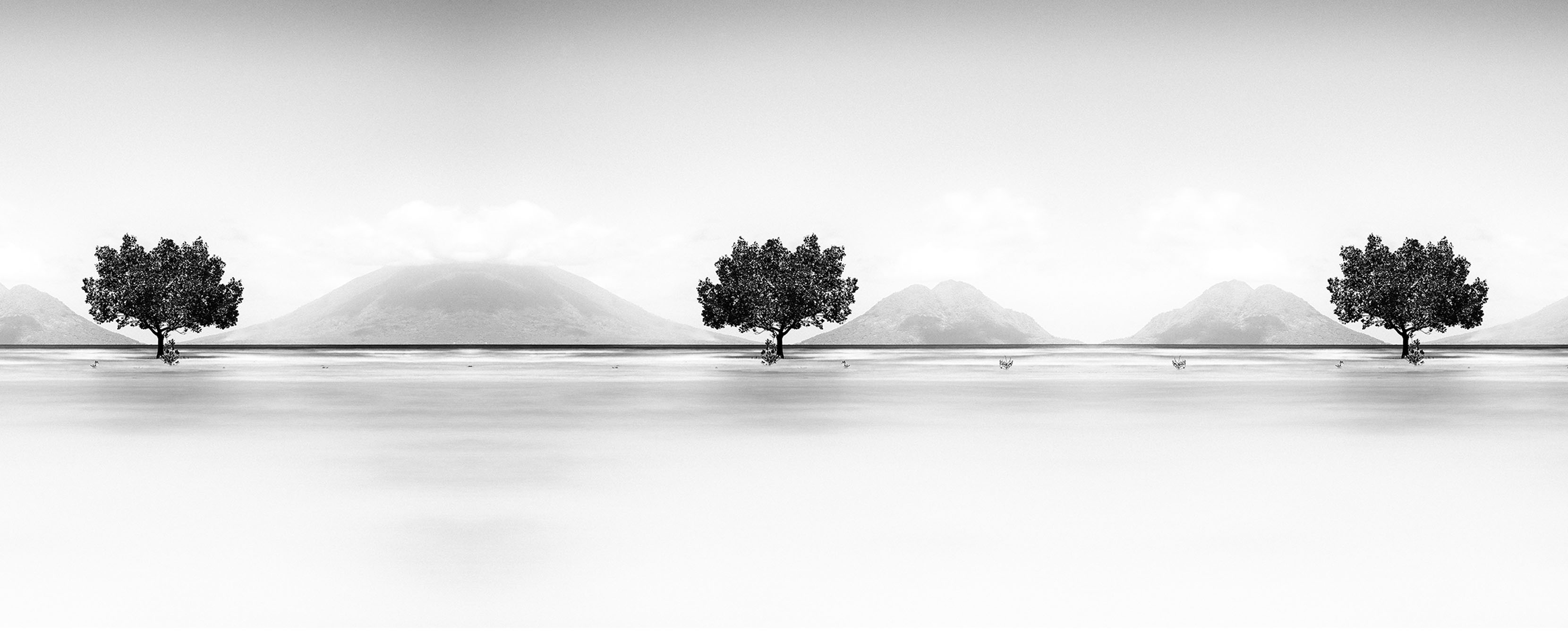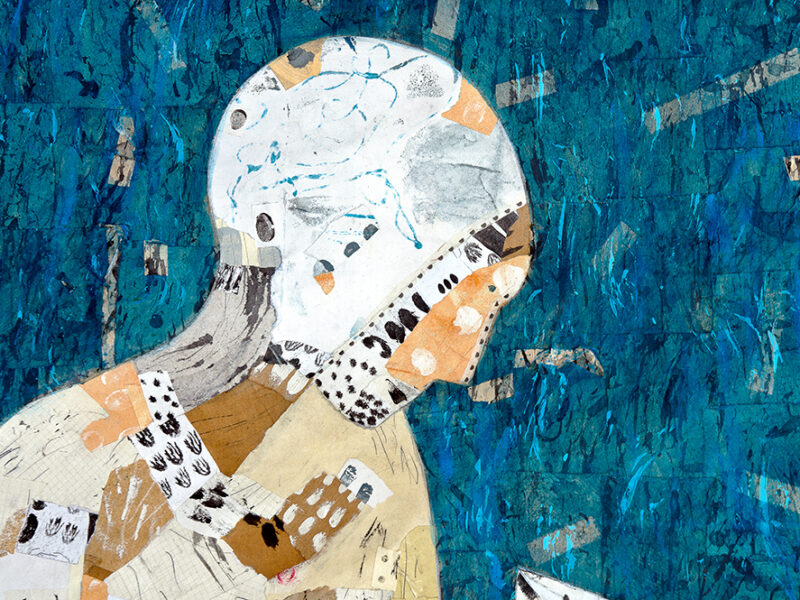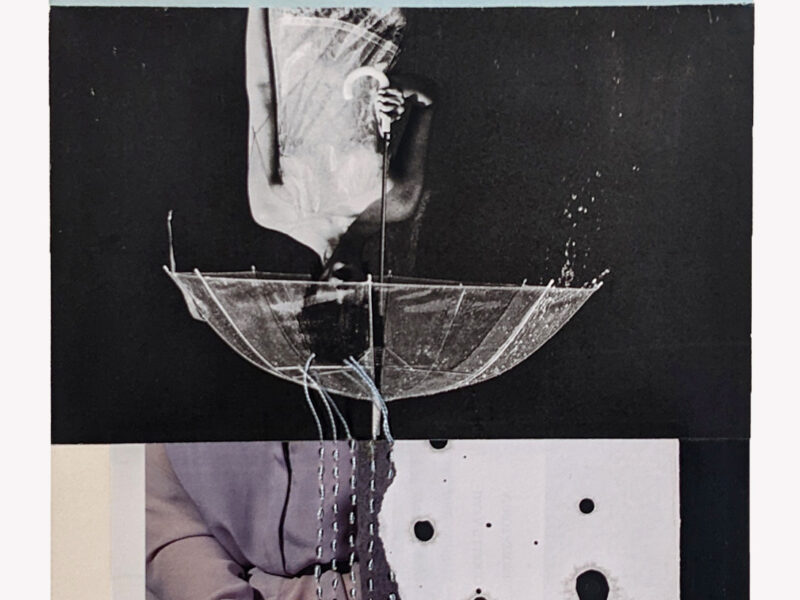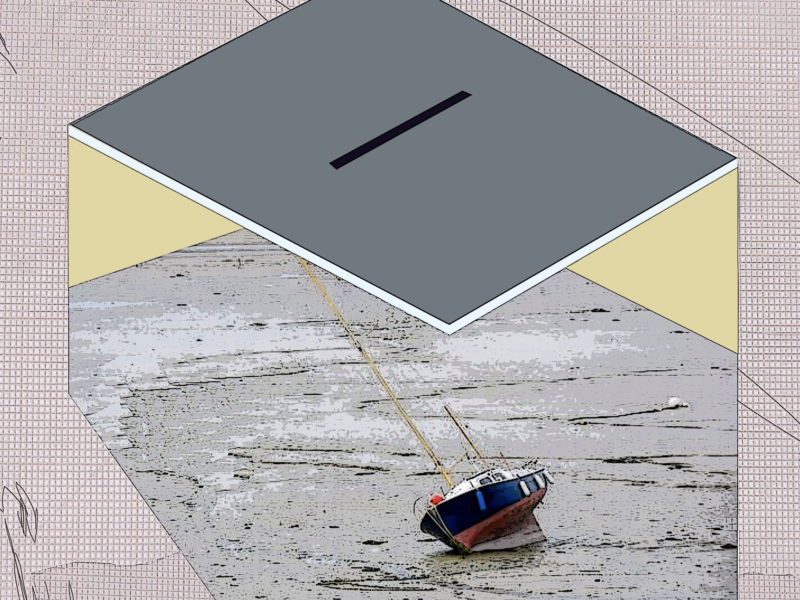Yap Kok Hing | Weariness and Agony
Are you familiar with the frightening sensation of melting, the feeling of dissolving into a flowing river, in which the self is annulled by organic liquidization? Everything solid and substantial in you melts away in a wearisome fluidity, and the only thing left is your head. I’m speaking of a precise painful sensation, not a vague and undetermined one. As in a hallucinatory dream, you feel that only your head is left, without foundation and support, without a body. This feeling has nothing to do with that vague and voluptuous weariness by the seaside or in melancholy dreamy musings; it is a weariness which consumes and destroys. No effort, no hope, no illusion can satisfy you any longer. Shocked witless by your own catastrophe, unable to think or to act, caught in cold and heavy darkness, solitary as in moments of profound regret, you have reached the negative limit of life, its absolute temperature, where the last illusions about life freeze.
The true meaning of agony, which is not a struggle of pure passion or gratuitous fantasy, but life’s hopeless struggle in the claws of death, is revealed in this feeling of great weariness.
One cannot separate the thought of agony from that of weariness and death. Agony as struggle? But with whom and for what? The interpretation of agony as an ardor exalted by its own futility, or as a battle whose aim is itself, is absolutely false. In fact, agony means a battle between life and death. Since death is immanent in life, almost all of life is an agony. I call agonic only those dramatic moments in the battle between life and death when the presence of death is experienced consciously and painfully. True agony occurs when you pass into nothingness through death, when a feeling of weariness consumes you irrevocably and death wins. In every true agony there is a triumph of death, even though you may continue to live after those moments of weariness.
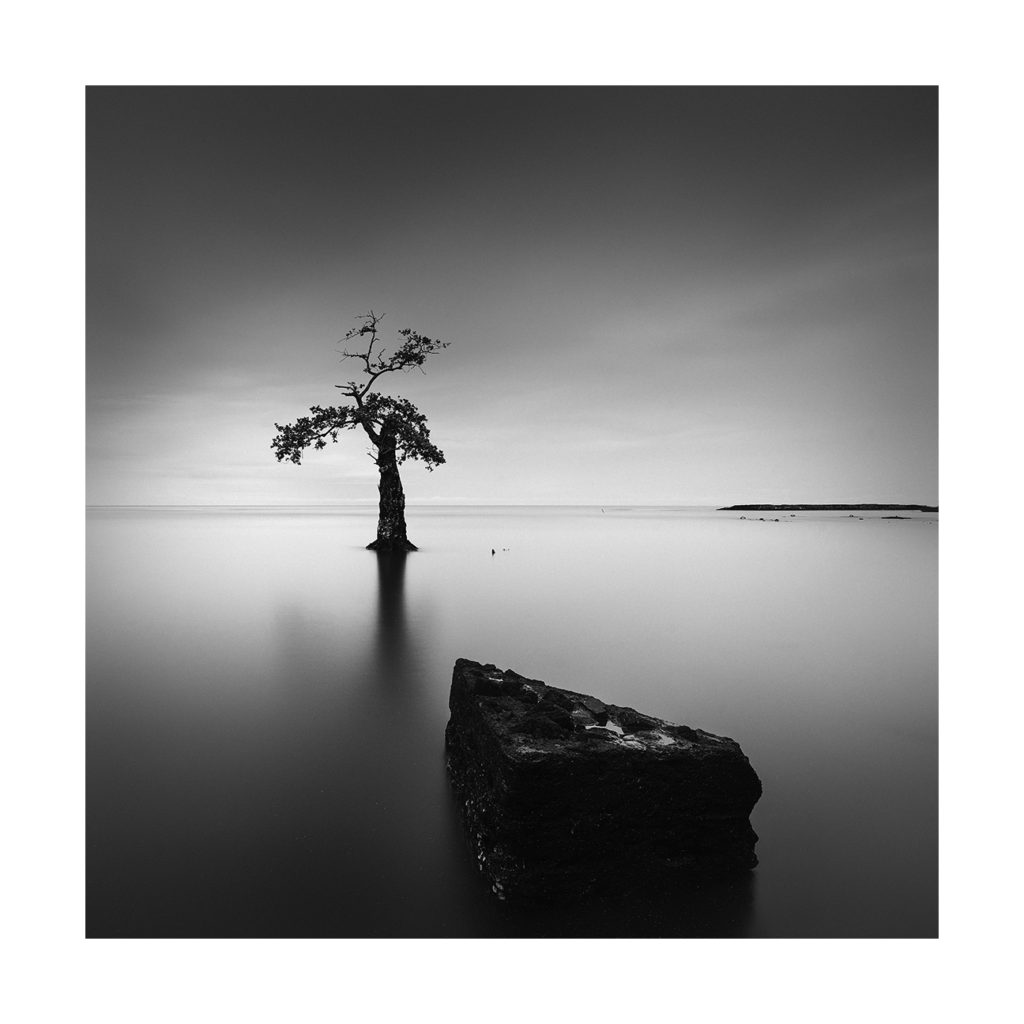
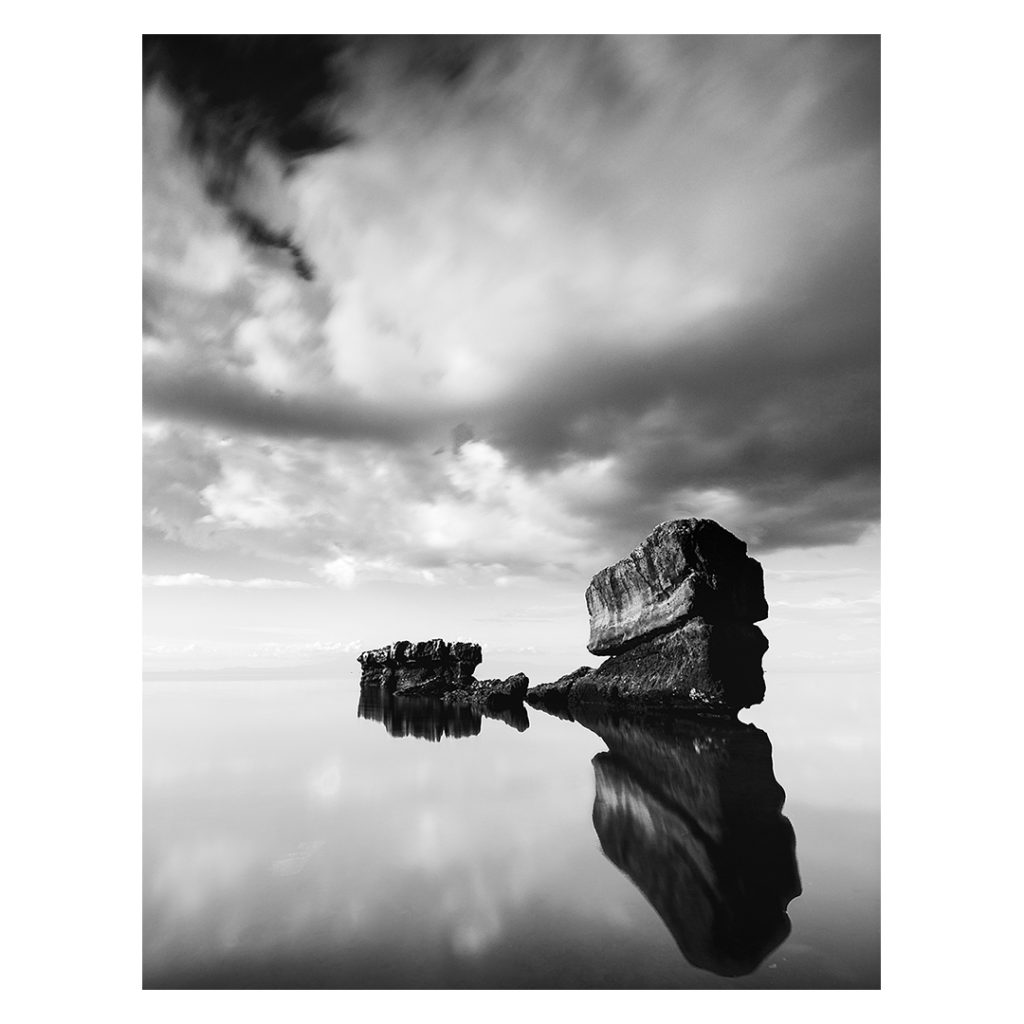
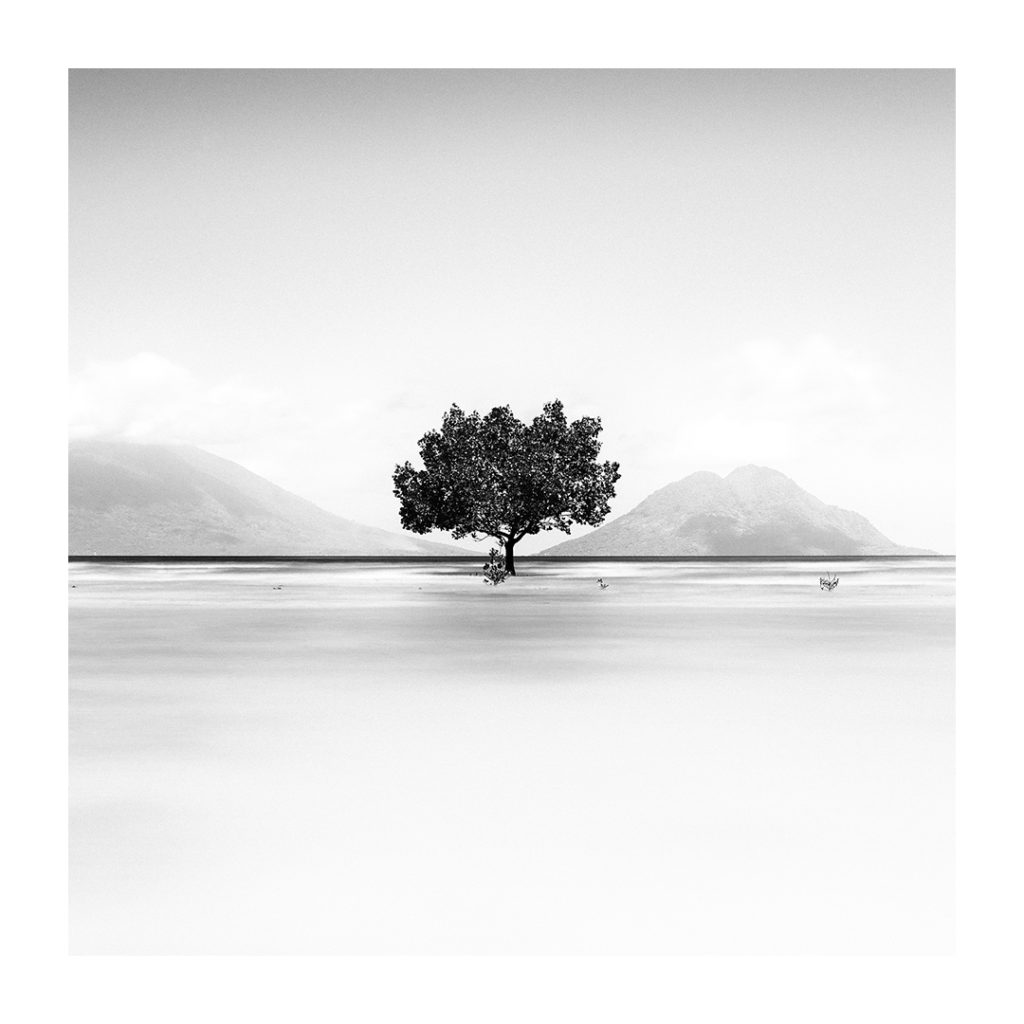
 There is nothing imaginary in this turmoil. Every agony bears a conclusive stamp. Isn’t agony similar to an incurable sickness which torments us intermittently? Agonic moments chart the progress of death in life, revealing a drama in our consciousness caused by the disruption of the balance between life and death. Such moments are not possible except in that sensation of weariness which brings life down to its absolute negative value. Frequency of agonic moments is an indicator of decomposition and ruin. Death is something disgusting, the only obsession which cannot become voluptuous. Even when you want to die, you do it with an implicit regret for your own desire. / want to die, but I am sorry that I want to die. This is the feeling experienced by those who abandon themselves to nothingness. The most perverse feeling is the feeling of death. Imagine that there are people who cannot sleep because of their perverse obsession with death! How I wish I did not know anything about myself and this world!
There is nothing imaginary in this turmoil. Every agony bears a conclusive stamp. Isn’t agony similar to an incurable sickness which torments us intermittently? Agonic moments chart the progress of death in life, revealing a drama in our consciousness caused by the disruption of the balance between life and death. Such moments are not possible except in that sensation of weariness which brings life down to its absolute negative value. Frequency of agonic moments is an indicator of decomposition and ruin. Death is something disgusting, the only obsession which cannot become voluptuous. Even when you want to die, you do it with an implicit regret for your own desire. / want to die, but I am sorry that I want to die. This is the feeling experienced by those who abandon themselves to nothingness. The most perverse feeling is the feeling of death. Imagine that there are people who cannot sleep because of their perverse obsession with death! How I wish I did not know anything about myself and this world!
Image credits: by Yap Kok Hing | @yap_kh65
Text excerpts by “On the Heights of Despair” | E. M. Cioran | The Fundaţia Pentru Literatură Şi Artă “Regele Carol II | 1934

